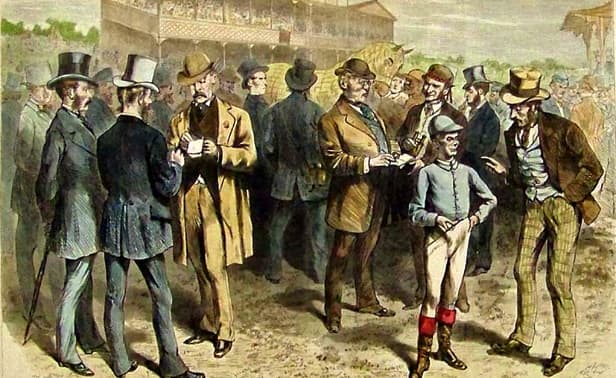
Early History of Betting in Canada
Sports betting in Canada can be traced back to the early 20th century, with the first major form of wagering being on horse racing. Horse racing was a popular pastime, and tracks across the country, such as those in Toronto, Montreal, and Vancouver, became hubs for both in-person and informal betting. While legal, regulated betting was not fully established yet, people would often place bets through off-track betting (OTB) systems, where wagers were made outside of the racetracks, often in private homes or through underground networks.
This informal, off-track betting allowed Canadians to participate in horse racing events even if they were not at the track. Over time, this contributed to the demand for more regulated, organized betting systems. In the 1930s, Canada began to take steps toward legalizing and regulating these activities, eventually leading to the establishment of provincial lotteries and legal betting options for horse racing.
As the century progressed, Canada saw more formal regulation of gambling, but horse racing and informal sports betting remained deeply ingrained in Canadian culture. The introduction of legalized betting systems in the 1970s and 1980s helped further shape the sports betting landscape in the country, laying the foundation for the legal sports betting market we see today.